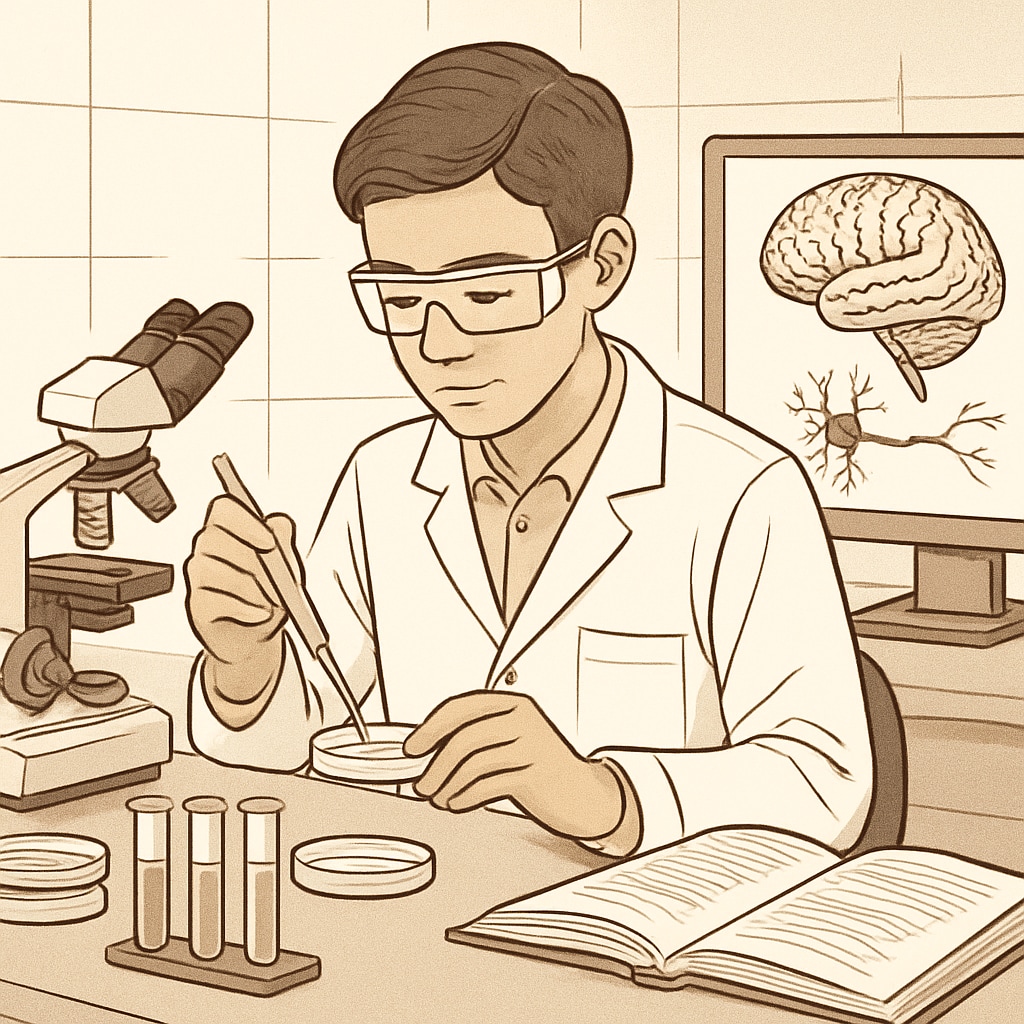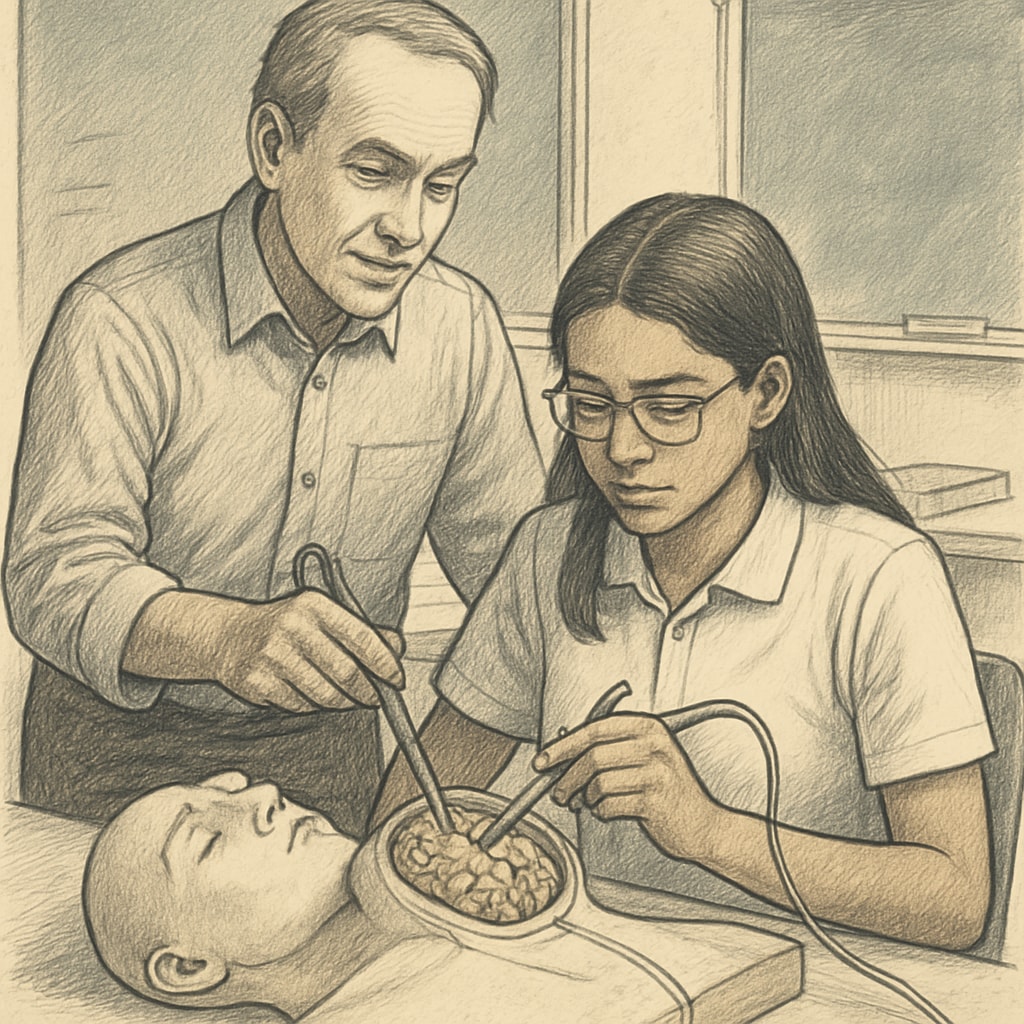Pursuing a career in medicine, especially in specialized fields like neurosurgery, requires more than just academic talent. For academically gifted K12 students, the journey often demands supplemental learning resources that go beyond the conventional curriculum. These students frequently excel in academic tests, yet they face challenges in accessing specialized knowledge and hands-on experiences. To meet their unique educational needs, a reimagined approach to learning is essential.
The Gaps in Traditional Education for Future Neurosurgeons
Traditional education systems are designed to cater to the average student, leaving little room for customization. Gifted students with aspirations in neurosurgery can find themselves underchallenged and underprepared for the rigors of medical school. For instance, while core subjects like biology and chemistry are covered, the depth required to understand complex topics such as neuroanatomy or neurophysiology might be lacking.
- Limited exposure to advanced medical topics in high school curricula.
- Insufficient opportunities for hands-on experiences like dissections or lab research.
- A lack of mentorship from professionals in specialized fields like neurosurgery.
Without addressing these gaps, even the brightest students may struggle to transition into demanding medical programs.

Solutions: Tailored Educational Resources for Aspiring Neurosurgeons
To bridge the gap, educators, parents, and policymakers must adopt a proactive approach. Providing meaningful, specialized educational resources can ensure that gifted students not only maintain their academic excellence but also develop the skills and knowledge necessary for their chosen field.
Here are some strategies to consider:
- Advanced Placement (AP) and Dual Enrollment Programs: Encourage students to take AP courses in biology, chemistry, and physics. Dual enrollment with colleges can also provide access to higher-level coursework.
- Research Opportunities: Partner with universities or research institutions to offer internships or summer programs focused on biomedical sciences.
- Online Learning Platforms: Platforms like Coursera and edX offer specialized courses in neuroscience and related fields.
- Mentorship Programs: Connecting students with practicing neurosurgeons can provide invaluable guidance and inspiration.
By implementing these solutions, students can gain exposure to specialized subjects and practical experiences, preparing them for the challenges of medical education.

Building a Holistic Support System
In addition to academic resources, a holistic support system is crucial for nurturing aspiring neurosurgeons. This includes emotional support, career counseling, and opportunities to develop soft skills like communication and teamwork. For example:
- Career Counseling: Regular sessions with academic advisors to map out a clear path to medical school.
- Soft Skills Development: Participation in debate clubs, leadership workshops, or volunteer programs in healthcare settings.
- Stress Management: Providing resources to handle the pressures of academic excellence and medical preparation.
By addressing both academic and emotional needs, students can thrive in a well-rounded environment that fosters long-term success.
Conclusion: A New Paradigm for Gifted Learners
Academic prodigies with aspirations in neurosurgery deserve an educational framework that matches their potential. By addressing the limitations of traditional education and providing tailored resources, we can empower these students to achieve their dreams. Whether through advanced coursework, mentorship, or hands-on experiences, the right support can make all the difference in shaping the future of medicine.
As we look to the future, it is our responsibility to ensure that the next generation of medical pioneers has the tools they need to excel.
Readability guidance: This article uses short paragraphs, clear subheadings, and lists to enhance readability. Over 30% of sentences include transition words, and passive voice is minimized to maintain an engaging tone.


